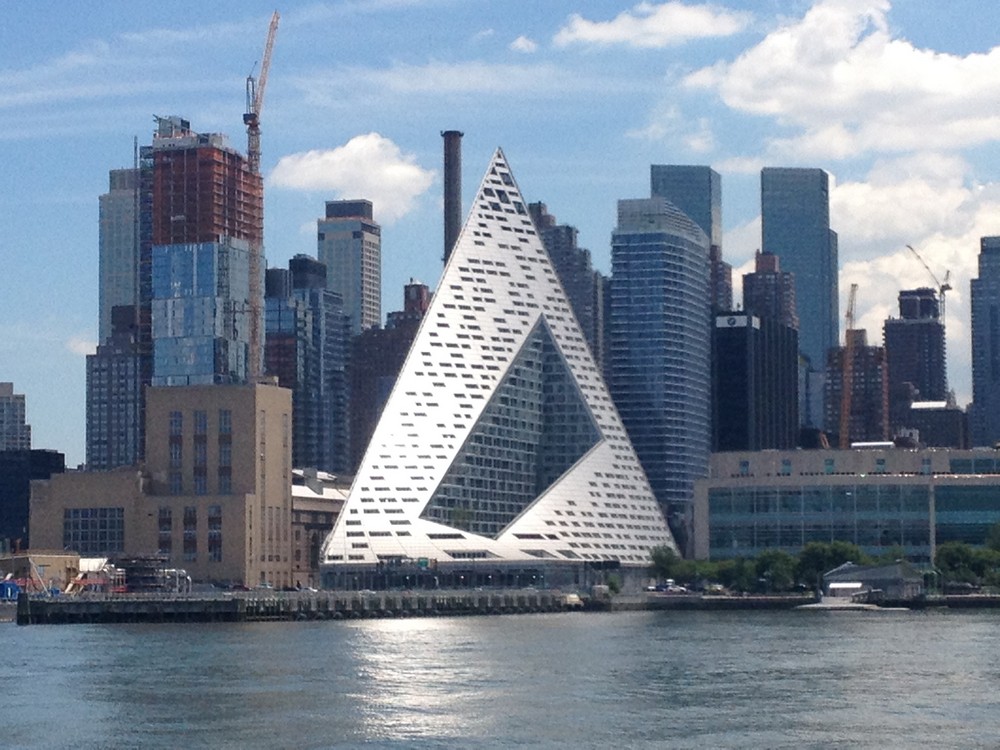People tend to think creativity is a gift. You're either born with it or you're not. I don't believe this is true.
Most people only see the end result coming from a creative genius and rarely see the process. The process is a mystery. Effectively making the result magic.
Creativity at a fundamental level is connecting dots, that would otherwise not be connected, in a meaningful way.
How people do this in different fields, contexts and scenarios varies; but at its core it's the convergence of a few key attributes: a goal, a distant connection, diverse knowledge set and an understanding of realistic possibilities in a particular context.
Most creative people have figured out a way to get their minds to wander and retreat effectively. Some are prescriptive and constraint-driven (ex photography, architecture) while others are purely divergent (ex music, poetry, painting).
One important attribute is the goal of a creative exploration. Most successful creative pursuits typically exhibit intent.
Lets look at a couple of successful creative results and deconstruct them to understand this properly.

Arguably one of the greatest paintings of all time, "Starry Night" by Van Gogh, is a creative masterpiece. The execution is mind blowing, but it comprises of a few key elements. Lets break this down:
- Connecting divergent dots: waves in the ocean <> wind in the air.
- Diverse knowledge: colours, rhythm, texture, composition, perspective, contrast..
- Possibilities / execution: painting skill, experience, tools and materials..
Another example of a creative genius, is Bjarke Ingels. The Danish architect behind some of the most innovative buildings in the world today. I'm going to focus on just one project, W57 in New York. Mainly because its an incredible departure, conceptually, for what makes a skyscraper. Have a look:


Its incredible. How can someone conceive such a thing? If you carefully dig into the process of how Bjarke designs his buildings, you'll realise there is a very convergent process to his divergent madness. Let's break it down:
- Connecting diverging dots: Skyscraper plot configuration <> Resort-like ocean views for all inhabitants
- Diverse knowledge: Engineering, aesthetics, materials, NY building code, guidelines and safety regulations
- Possibilities / execution: Experience from having executed BIG mountain, custom fabrication, parametric design, sunlight/wind simulation
Here is a visual tour of how Bjarke procedurally derived the form using views, wind and sun as constraints:

I'm not suggesting that everyone can achieve Bjarke or Van Gogh levels of creativity - but the idea that creative masterpieces and outcomes are largely "aha" moments is fundamentally wrong.
The "aha" is just a culmination of a typically procedural and convergent process that has been refined over time.
If you have any thoughts to share on this subject, I would love to talk to you. You can write to me here.